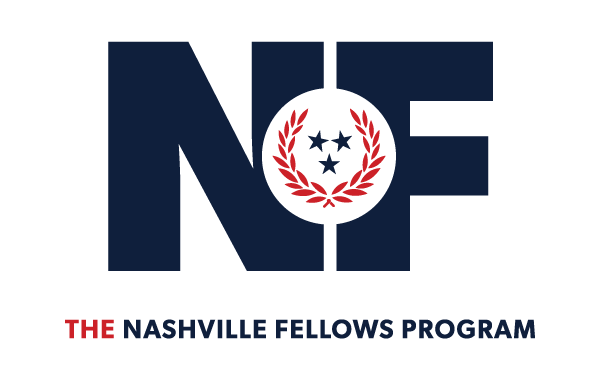Lessons from a Small Plane by Anna Berrettini
I used to hate flying. I disliked the guessing-game of when to arrive at the airport, the impatient rush in security lines, and the overpriced food. I hated squeezing past strangers in the aisle, both parties knowing that any physical contact was both inevitable and unwanted. But most of all — I hated turbulence. My knuckles, pale during take off, and each minuscule bump that the plane hit sent me into a quiet panic.
But a few months ago I faced my fear head-on when I unwillingly boarded a six-person plane. It was my worst nightmare, to say the least. The pilots sat directly in front of me like they were my Uber drivers, and instead of a seven-minute safety orientation, they turned around and shouted “Buckle your seatbelts, there’s a floating device under your seat if you need it, and turn off your phones!” There were no flight attendants with complimentary snacks to distract me, and even worse, I could see every expression on the pilots’ faces throughout the flight. If the plane was going down, I’d sense their fear instantly.
However, despite the terror that accompanied me, something happened during that flight. I felt distinctly human. There I was, floating thousands of miles above the earth, a blanket of clouds sitting quietly beneath me, and the only thing that shielded me from the vast, open sky was a thin sheet of metal and two strangers over the age of sixty. And yet somehow, the immense vulnerability I experienced actually yielded a deep sense of peace.
But it made no sense. Why was an experience so innately terrifying something that made me feel more human — and more at peace? A biblical author named James articulates the answer perfectly: “What is your life? For you are a mist that appears for a little time and then vanishes” (4:14.)
The vulnerability I faced flying in that tiny plane demanded that I confront the reality I avoid on a daily basis: that my life is a vapor (Eccl. 1:2.)
One could argue that this realization is depressing and hopeless, sucking the meaning out of everyday life. But I think the opposite is true. When I remember that my own life plans carry little meaning if not entirely swept up into the grand story that God has written, peace overwhelms me and joy is released into my soul. As it’s said in 1 John, “And the world is passing away along with its desires, but whoever does the will of God abides forever” (2:17.) It is God’s story that prevails, and we are able to respond to his invitation to get on board. What a relief and what a privilege — the opportunity for our fleeting life to get caught up in the eternal life of God.
This is a unique time in human history in which the whole world realizes at once that “the dust will return to the Earth as it was, and the Spirit will return to the God who gave it” (Eccl. 12:7.) In other words — death is inevitable, and our lives sit in the palms of our Creator. The COVID-19 virus feels uncomfortable and uncertain; it brings anxiety and fear; it leaves the future unknown. Yet “there is nothing new under the sun” —because the truth about the human race has been true from the beginning of time (Eccl. 1:9.) We’ve always been as small as we fear we are, and yet even in our frailty God gives us the option to be co-creators in his universe. To be a co-creator requires both submission to His ultimate authority, and confession that we never had authority in the first place — which is a rather unfathomable notion in our current cultural climate. But this really is the only way to experience the peace that Jesus gives us, which is “not as the world gives” via the morning news or our social media feeds. When Jesus says “Do not let your hearts be troubled,” it isn’t because He doesn’t think there is reason to fear, but that there is an even greater reason to be at peace: “But take heart, I have overcome the world” (John 16:33.)
That every human will eventually die is the most certain aspect of our life — and yet the panic this crisis has created reveals that as a human race, we’ve lived in utter avoidance of that fact. There is no new theology that will lift us out of this pit of despair that we are digging ourselves — it is simply a matter of remembering what has always been true, and realigning our lives to exist within the framework of that reality. While simple, it requires a great sense of trust to rest in God’s story, and a daily choice to release our own stories to Him. May this be a time to remember whose we are, our inherent weakness, and the peace that is offered when we yield our lives to our Creator.
“As for man, his days are like grass; he flourishes like a flower of the field; for the wind passes over it, and it is gone, and its place knows it no more.
But the steadfast love of the Lord is from everlasting to everlasting on those who fear him, and his righteousness to children's children, to those who keep his covenant and remember to do his commandments.” Psalm 103: 15-18
